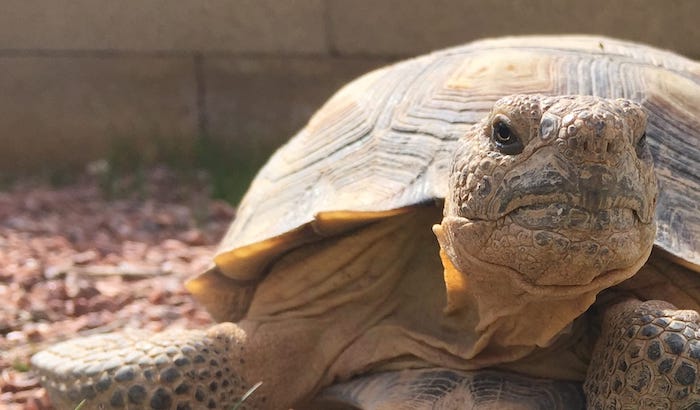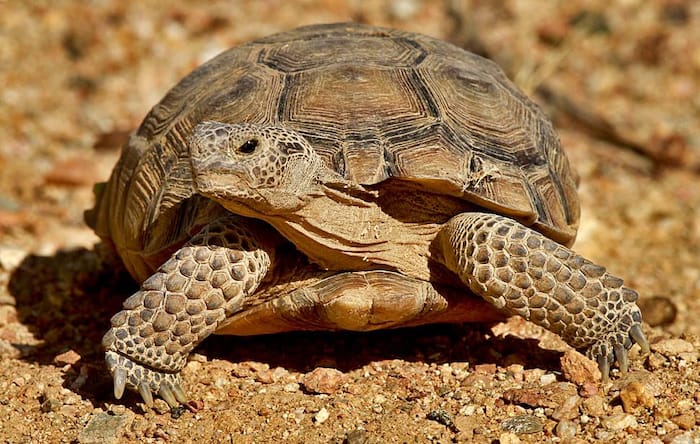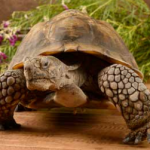
But backyard breeding is a big problem. It’s estimated there are 150,000+ captive Mojave Desert Tortoises in Clark County, Nevada – and they just keep reproducing.
What Can You Do?
- STOP backyard breeding
- Spay and neuter
- Maintain ONLY 1 tortoise
- Separate multiple tortoises, especially adults

Discover all the facts and how you can help make a big difference in the lives of Mojave Desert Tortoises.
Tortoise Group no longer accepts pet tortoises from the general public. If you found a desert tortoise and don’t know what to do with it, please visit our rehoming site or the lost and found site. Tortoise Group will try to honor rehoming requests from current Tortoise Group members. Please keep in mind there are over 150,000 pet desert tortoises in Clark County alone, over 3000 pets a year are displaced.




 All desert tortoises in Nevada are considered wildlife (NRS 501.097) and belong to the people of Nevada (NRS 501.100). Those who legally possess a desert tortoise are considered custodians, not owners, of the desert tortoise(s) in captivity.
All desert tortoises in Nevada are considered wildlife (NRS 501.097) and belong to the people of Nevada (NRS 501.100). Those who legally possess a desert tortoise are considered custodians, not owners, of the desert tortoise(s) in captivity.